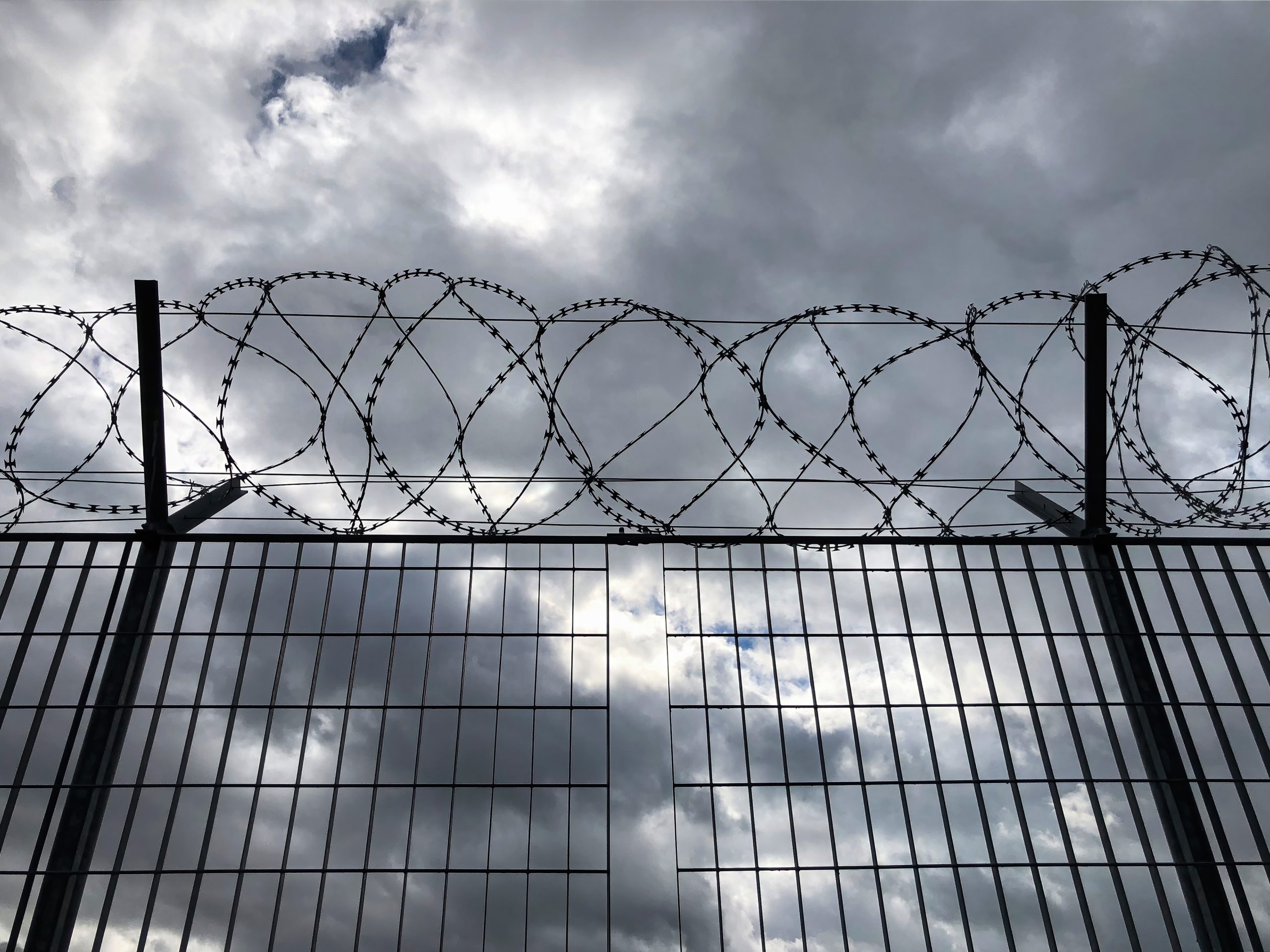The BIA’s Landmark Decision in Matter of Jonathan Javier YAJURE HURTADO and Its Impact on Bond Eligibility
Authored By Wendy R. Barlow, Esq.

The Board of Immigration Appeals (BIA) recently issued a significant ruling in Matter of Jonathan Javier YAJURE HURTADO, 29 I&N Dec. 216 (BIA 2025), which dramatically changes the landscape for bond eligibility in immigration cases. The decision holds that immigration judges (IJs) lack the authority to grant bond to individuals who entered the United States without inspection, regardless of how long they have resided here. This ruling is a major departure from prior policy and will have far-reaching consequences for many immigrants in detention.
The Case and the Ruling
The case involved Jonathan Javier Yajure Hurtado, a Venezuelan citizen who entered the U.S. without inspection in November 2022. After his entry, he was granted Temporary Protected Status (TPS). When his TPS expired in April 2025, he was taken into immigration detention, and a notice to appear was issued. Hurtado requested a bond hearing to be released from custody while his removal proceedings were pending.
The immigration judge denied his request, stating that he lacked jurisdiction to hear the bond request because Hurtado was considered an “applicant for admission” under Section 235(b)(2)(A) of the Immigration and Nationality Act (INA). The BIA affirmed this decision, concluding that a plain language reading of the INA mandates detention for all individuals who are present in the U.S. without having been formally admitted. The BIA reasoned that Section 236 of the INA, which grants IJs the authority to set bond, does not override the mandatory detention requirements for “applicants for admission” under Section 235(b).
Key Takeaways and Implications
This decision creates a clear distinction between individuals who were “admitted” to the U.S. and those who were not. Here are the critical implications of the BIA’s ruling:
-
Mandatory Detention for Non-Admitted Individuals: The ruling clarifies that anyone who entered the country without inspection is subject to mandatory detention for the duration of their removal proceedings. This means they cannot be released on bond by an immigration judge.
-
Overturning Prior Policy: This decision overturns a previous Department of Justice policy that allowed individuals who had been in the U.S. for at least two years after an unlawful entry to request a bond hearing. That avenue for relief has now been closed by the BIA.
-
Impact on TPS Holders: The ruling has a complex effect on those with Temporary Protected Status. As long as a TPS holder’s status is valid, they are considered “lawfully present” and remain eligible for bond hearings. However, once their TPS expires, they will be subject to the same mandatory detention rules as other non-admitted individuals if they were never formally admitted to the U.S.
-
Distinction Between Non-Admitted and Overstayed Visa Holders: The ruling does not apply to individuals who entered the U.S. legally on a visa but have since overstayed. Because they were formally “admitted,” they can still be eligible for bond hearings before an IJ, provided there are no other bars to their release.
-
Role of DHS Parole: For non-admitted individuals, the only remaining path to release from detention is through parole granted by the Department of Homeland Security (DHS). This is a discretionary power and is not a guaranteed right, making the path to release much more difficult.
This ruling has profound consequences for thousands of individuals currently in immigration proceedings. It’s a reminder that a person’s method of entry into the U.S. is a critical factor in determining their detention and release options. Our team at Cohen, Tucker + Ades is closely monitoring this decision and its impact, and we are prepared to help clients navigate these complex legal challenges. If you or a loved one are in immigration detention, understanding these new rules is more important than ever.
Sources:
Matter of Jonathan Javier YAJURE HURTADO, 29 I&N Dec. 216 (BIA 2025) | Board of Immigration Appeals
INA 235(b)(2)(A) | United States Code
Not sure which option is right for you? Request a confidential consultation today.

